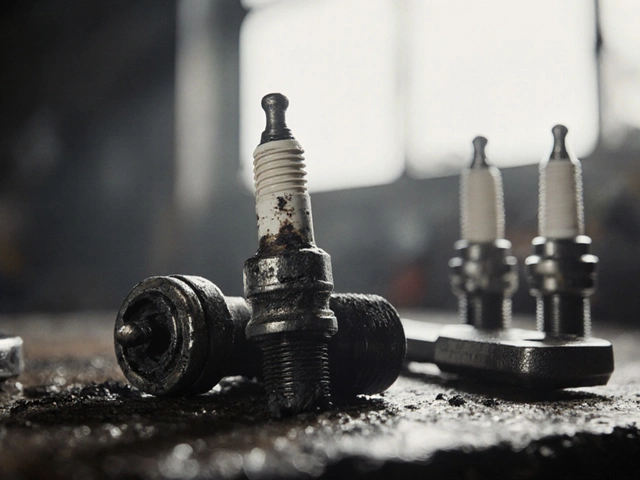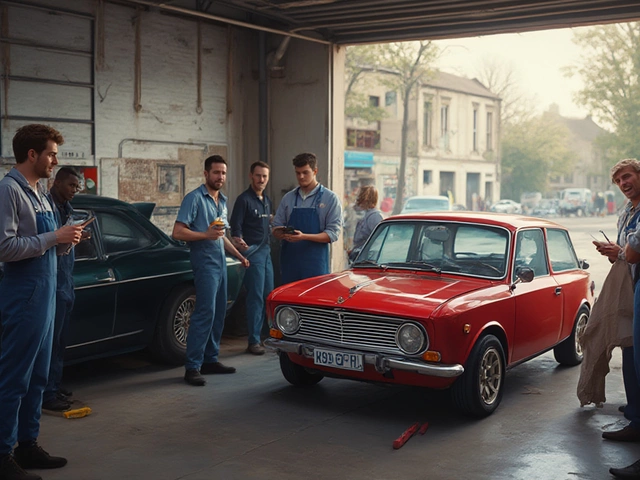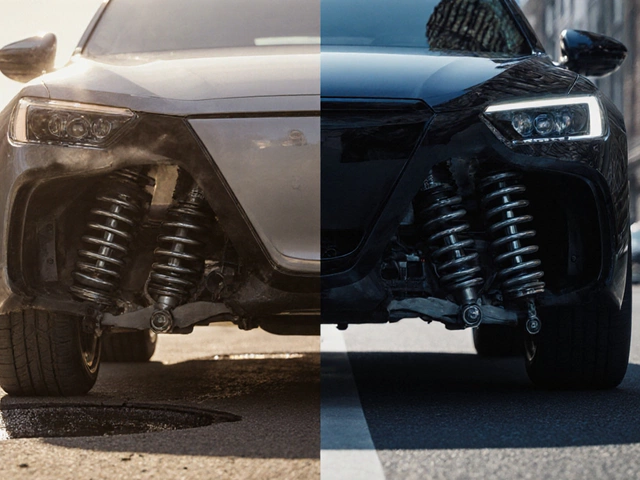How to Get Better AC Performance in Your Car
Ever notice your AC humming but never getting cold enough? It’s frustrating, especially on a hot day. The good news is most problems are fixable with a few easy steps. Below you’ll get clear advice on filters, refrigerant, and everyday habits that keep the cabin cool without breaking the bank.
Check the Air Filter First
The cabin air filter is the first line of defense for your AC. A clogged filter reduces airflow, making the system work harder and feel weaker. If you’ve been driving on dusty roads or haven’t changed the filter in a year, it’s time for a swap. Look for a filter that says “premium” or “high‑flow.” These cost a bit more but often let more air through, which can improve cooling by up to 10%.
Installation is simple: open the glove box, locate the rectangular slot, pop the old filter out, and slide the new one in with the arrows pointing the right way. No tools needed. After a fresh filter, you’ll notice a quicker blast of cool air.
Maintain the Refrigerant Level
Refrigerant is the liquid that actually absorbs heat from the cabin. Low levels mean the AC can’t reach its design temperature. Most cars need a professional to check the pressure, but you can spot a low‑charge problem when the AC blows cold air at first, then slowly warms up.
If you suspect low refrigerant, book a quick service. Technicians will locate any leaks, fix them, and refill the system. It’s a small expense that saves you from a weak AC and potential compressor damage later.
While you’re at it, ask the technician to inspect the compressor belt (if your car has one) and the condenser fins. A loose belt or dirty fins can lower performance. A light spray of water on the front of the condenser while the engine runs should make a faint hiss if everything’s working right.
Everyday Habits that Help
Even with a clean filter and proper refrigerant, how you use the AC matters. Try these habits:
- Turn on the fan for a minute before hitting the cold setting. This pushes hot air out of the vents faster.
- Avoid setting the temperature to the lowest possible. A moderate setting (around 22‑24°C) lets the system run efficiently and uses less fuel.
- Close windows and sunroofs once the AC is on. Open windows let hot air in and force the AC to work harder.
- Park in the shade or use a windshield shade. Starting with a cooler interior reduces the load on the AC.
These tricks don’t cost anything but can make a big difference on sweltering days.
When to Call a Pro
If you’ve tried a new filter, checked the fan, and the AC still feels weak, it’s time for a professional look. Common issues include a failing compressor, a stuck expansion valve, or internal leaks that only a shop can diagnose with special tools.
Don’t wait until the AC is completely dead. Early diagnosis can save you from a costly repair and keep your comfort level high throughout the summer.
Improving AC performance is mostly about keeping the airflow clean, the refrigerant full, and using the system wisely. Follow these steps, and you’ll enjoy a cooler ride without surprise expenses.
 7 May 2025
7 May 2025
Will My AC Work Better If I Change the Filter? The Real Impact of Air Filters
Wondering if swapping out your AC filter actually makes a difference? This article gets straight to the point, breaking down how a dirty air filter can mess with your AC’s cooling power, increase your energy bills, and even mess up your indoor air quality. Elliot, who lives with a heavy-shedding dog, shares hard facts and easy tips to keep your HVAC running smoothly. Get to know what really happens when you skip that filter change and how it affects your comfort. No fluff, just answers you can actually use.
Latest Posts
-

Do You Feel a Difference After Changing Spark Plugs? Here’s What Really Happens
-

Clutch Kit Labour Cost Explained: 2025 Guide to Clutch Replacement Prices
-

Brake Pads: How to Tell When It's Time for a Change
-

Soft vs Stiff Suspension: Which Is Better for Your Car?
-

Windscreen Wiper Basics: What Every Driver Should Know
Tags
- car maintenance
- engine oil
- spark plugs
- brake pads
- engine performance
- vehicle maintenance
- spark plug replacement
- windshield wipers
- fuel pump
- suspension parts
- clutch replacement
- oil change
- clutch kit
- car suspension
- car performance
- air filters
- car radiator
- exhaust systems
- fuel pump replacement
- engine misfire

0